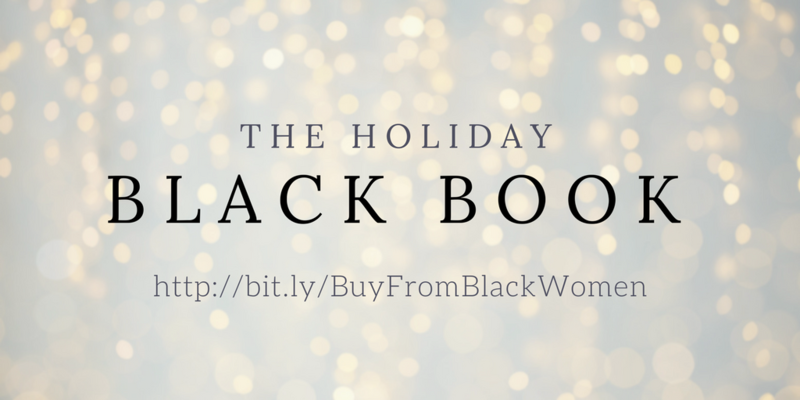I try to engage in self-care. It’s difficult to do on a consistent basis as a busy mama. And it’s an internal struggle using extra funds to splurge on myself, and not on buying the kid a new pair of shoes. Plus, self-care spaces (spas, yoga, etc.) have been heavily promoted and imagined as a pleasure for white women. When I celebrated my birthday last fall, I decided to treat myself to a soak and sauna, with a massage sandwiched in between. I found it interesting that the mostly white staff seemed surprised and even a bit hostile I was there. I guess a Black woman wanting to focus on self/healing was unthinkable to them.
This past weekend, I attended a fundraising event for an organization that is dedicated to encouraging Black/communities of color to practice self-care. I had a wonderful time and ate some amazing Thai curry chicken soup! I enjoyed all the guest speakers, especially Day Bibb. Bibb shared about being a survivor of domestic violence. She noted when she was seeking services to reclaim her life/sense of self after leaving her abuser, white medical practitioners were eagerly willingly to give her medication to “deal with the trauma.” However, she realized she was never provided self-care resources. She made the profound point that Black women aren’t seen as worthy of self-care spaces. We are just expected to “mule” and take the lumps and bumps of life, without recourse. It reminded me of my experience at the spa. The look on their faces that read they didn’t think I belonged.
The truth is, self-care is more of a necessity for Black women than it is for white women. Let’s be honest. What do white women go through? They live in a society that puts them on pedestal, coddles their white woman tears, and pretty much let them get away with nonsense (all those 911 ones on Black people for eating while Black, swimming while Black, napping while Black, etc., were majority placed by white women).
Self-care spaces need to be more open and welcoming to Black women because we need/deserve it the most. This country was built off the bodies/labor of Black women, and we continue to be exploited/marginalized. Bibb stated Black children also need time for reflection/to breath, as they are even ruthlessly attacked under the system of white supremacy/oppression.
Self-care is self-love and I’m working hard this year to treat myself more and allow myself space to just be.




